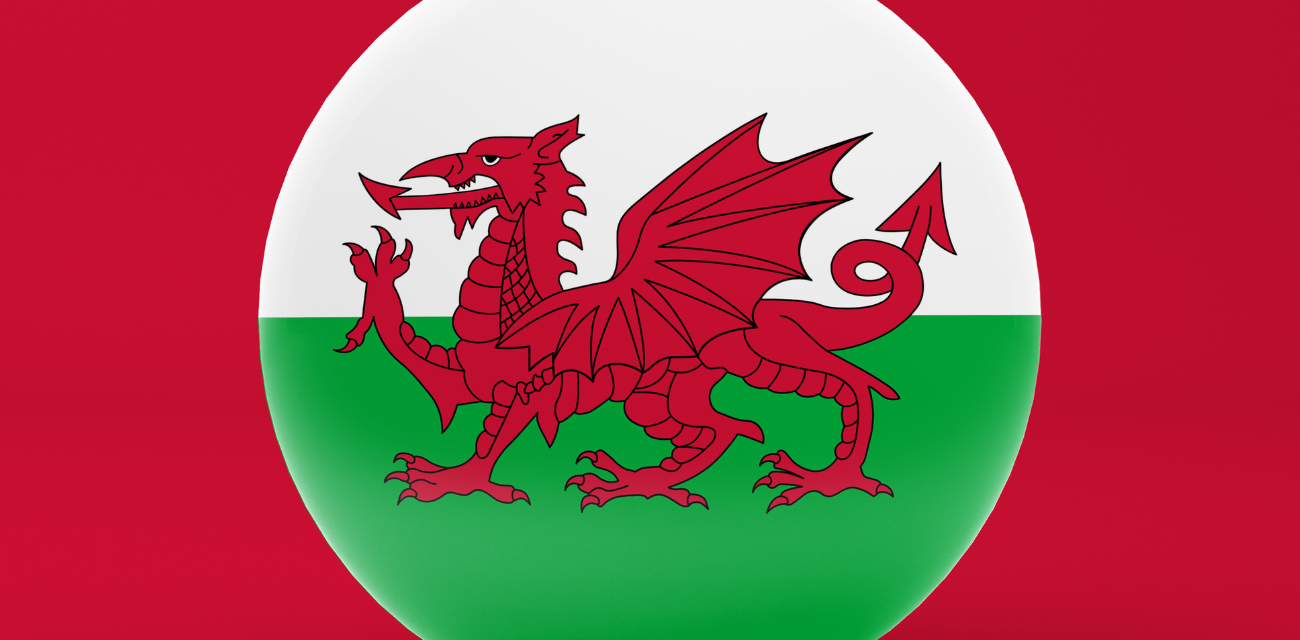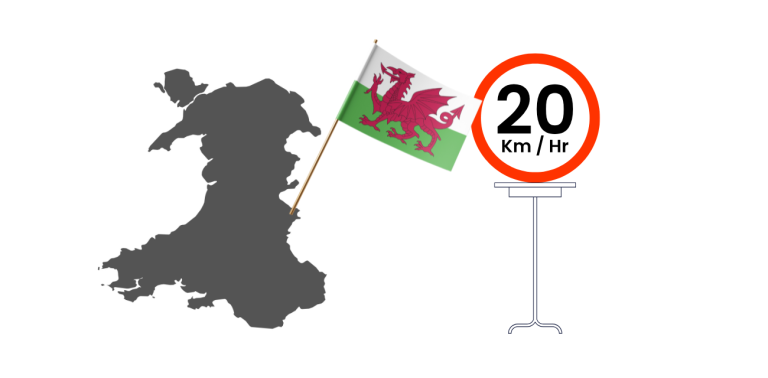Wales, a country known for its distinct cultural heritage and breathtaking landscapes, is a unique part of the United Kingdom. Though often associated with its larger neighbor, England, Wales has maintained a strong and independent identity that combines a love for natural beauty, rich traditions, and a commitment to preserving its language and customs.
Located on the western side of Great Britain, Wales is bordered by the Irish Sea to the north and west, England to the east, and the Bristol Channel to the south. With an area of 20,761 square kilometers and a population of about 3.2 million, Wales may seem small, but it offers an impressive variety of attractions and cultural experiences. The capital, Cardiff, is a vibrant city known for its medieval castle, lively nightlife, and thriving arts scene. It serves as a hub of Welsh political and cultural life, featuring notable landmarks such as the Cardiff Castle and the Principality Stadium, home to the national rugby team.
One of Wales’s most distinctive qualities is its commitment to the Welsh language, which remains an integral part of Welsh identity. Welsh, or “Cymraeg,” is one of the oldest languages in Europe, and about a quarter of the population speaks it. The government supports its use in schools, media, and daily life, making it one of the few Celtic languages still actively spoken in modern society.
The natural landscape of Wales is another defining aspect of its identity. From the peaks of Snowdonia in the north to the coastal cliffs of Pembrokeshire in the south, Wales is known for its rugged, picturesque countryside. Snowdonia National Park, home to the country’s highest mountain, Snowdon, attracts hikers, climbers, and nature lovers from around the world. Pembrokeshire Coast National Park, another popular destination, offers some of the UK’s most spectacular coastal views, along with diverse wildlife and marine habitats.
Despite being part of the UK, Wales operates with a devolved government, allowing it to manage its education, health, and some economic policies. The Welsh Parliament, or Senedd, located in Cardiff Bay, plays a central role in the political life of the country, addressing issues specific to Wales while working within the larger framework of the United Kingdom.
In recent years, Wales has seen a growing interest in tourism, driven by a newfound appreciation for its heritage and natural beauty. Post-pandemic, Wales has also become a popular destination for UK residents seeking to explore local attractions. Rural areas like Brecon Beacons and Anglesey are favorite spots for weekend getaways, with scenic drives, charming villages, and ancient castles that highlight Wales’s storied past.
For those unfamiliar with the distinction, Wales is not just a region within the UK, but a nation in its own right with a deep-seated pride in its heritage, language, and unique position within the British Isles. From its vibrant cities to its serene countryside, Wales remains a place where history and modernity coexist, creating a unique identity that draws visitors and inspires locals alike. As Wales continues to celebrate and protect its cultural and natural assets, it stands as a testament to the enduring spirit of a small country with a big heart.







